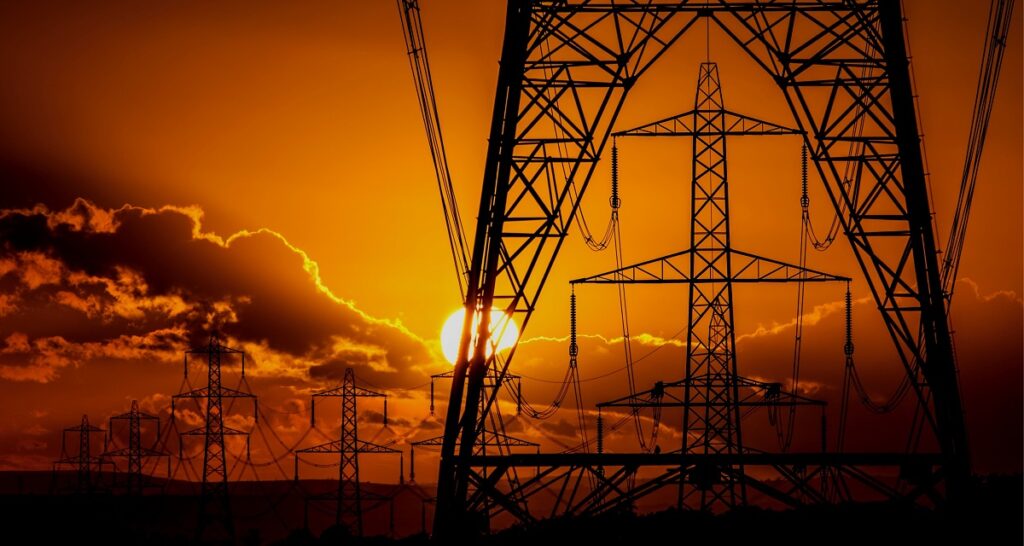Kit Fitton, head of innovation, Bulb
There have been some positives for the environment over recent months, with a huge drop in carbon emissions and air pollution as entire industries closed and we all stayed at home. But as economies restarted, emissions rose again and showed us that we have to emerge from this crisis with a plan to deal with the bigger, longer, more dangerous crisis of climate chaos and reset with a green economic recovery.
At Bulb, we did some research which found people became more aware of their emissions during the pandemic, and more than a third of people in the UK plan to live more sustainably in future. We’re also seeing countries committing to net zero and making bold pledges ahead of COP26 next year. This shift to a greener way of living will influence technology trends in 2021.
More people choose an EV
First, more people will make the shift to electric vehicles (EVs), thanks to advances in battery technology and a greater choice of models. Not only will EVs reduce people’s carbon footprint, they’re also cheaper to run and are now a great alternative to petrol and diesel cars. We’ll see more electric cars on the roads, more manufacturers releasing new models and more fast EV chargers installed around the country.
Growth in carbon calculators and tech
To make decisions that help lower their emissions, people will need new technology to understand and reduce their carbon footprint, and will demand more information from companies about the impact of their products and services. Carbon calculators and apps that allow you to track carbon emissions on-the-go will become more popular.
We’ll see more smart technology to help manage energy in our homes, including smart meters, thanks to product innovation, improved technology and reduced costs. We’ll see more people investing in technologies that help them reduce carbon emissions, like solar panels and home batteries which power their homes and export energy to the grid, and heat pumps that heat their homes without using gas.
Switching to renewables continues apace
The transition to renewable energy is happening, but it needs to be accelerated. In 2021 we’ll see more people choosing renewable energy and managing their energy usage more easily through smart technology and apps on their phones. Switching to renewable energy is the quickest and easiest thing people can do to reduce their carbon footprint.
David Savage, regional manager of Geotab, UK & Ireland
Increased focus on driver efficiency amidst Brexit uncertainty
The challenge of COVID-19 has once again just shown how resilient small businesses are in the face of adversity. Brexit is another challenge that will be overcome, though not without its difficulties. The greatest complexity will be faced by haulage and logistics firms that rely on the gateways to Europe. Businesses need clarity on what they are expected to do and by when.
As Brexit negotiations continue to be down to the wire this has been sorely missing and is needed to keep the UK moving. Outside of this legislative fog I would anticipate that truck and van fleet owners will be doubling down on operational efficiency. The focus will be on vehicle and driver efficiency, and business will need to be run to leaner degrees than ever before.
Fleet electrification amps up
UK fleets will be the catalyst for the transition to EV and were estimated to represent half of all EV sales by 2030 – this will obviously now need to accelerate. This accelerated timeline leaves fleet managers with only two renewal cycles before the 2030 deadline and with a recent PwC report indicating that most UK fleets have transitioned less than 1% of their fleets there is still a lot to do.
The pressure on fleet managers to develop the right strategy and make the right transitional choices is intense. On the infrastructure side this will only be delivered by true public and private partnership and we should not lose sight of the challenge yet to be fully addressed in suburban and rural areas. With over 60% of the population working and residing in urban areas it stands to reason that this has been the focus but it is only part of the puzzle.
Widespread adoption of car sharing
Car sharing has struggled to gain widespread adoption in the UK. However, with general reduction in car ownership within urban areas allied to greater need and desire to reduce the carbon footprint, now is the time we may see an uptake in this area. To make the model more appealing three key things need to happen:
- Car sharing services will need to deliver value by offering vehicles that meet users’ needs and at a reasonable price.
- Widespread coverage or penetration will be needed. Cars must be available when the users want them and the overall rental process must be quick and easy.
- The services must be able to offer a reliable service and resolve disputes fairly.
Lessons can be learned from the early ride hailing pioneers and the challenges they encountered. It is very likely that car sharing will become just one mobility offering through an Mobility as a Service (MaaS) platform allowing the end user to tailor transportation to the their personal and journey needs.






